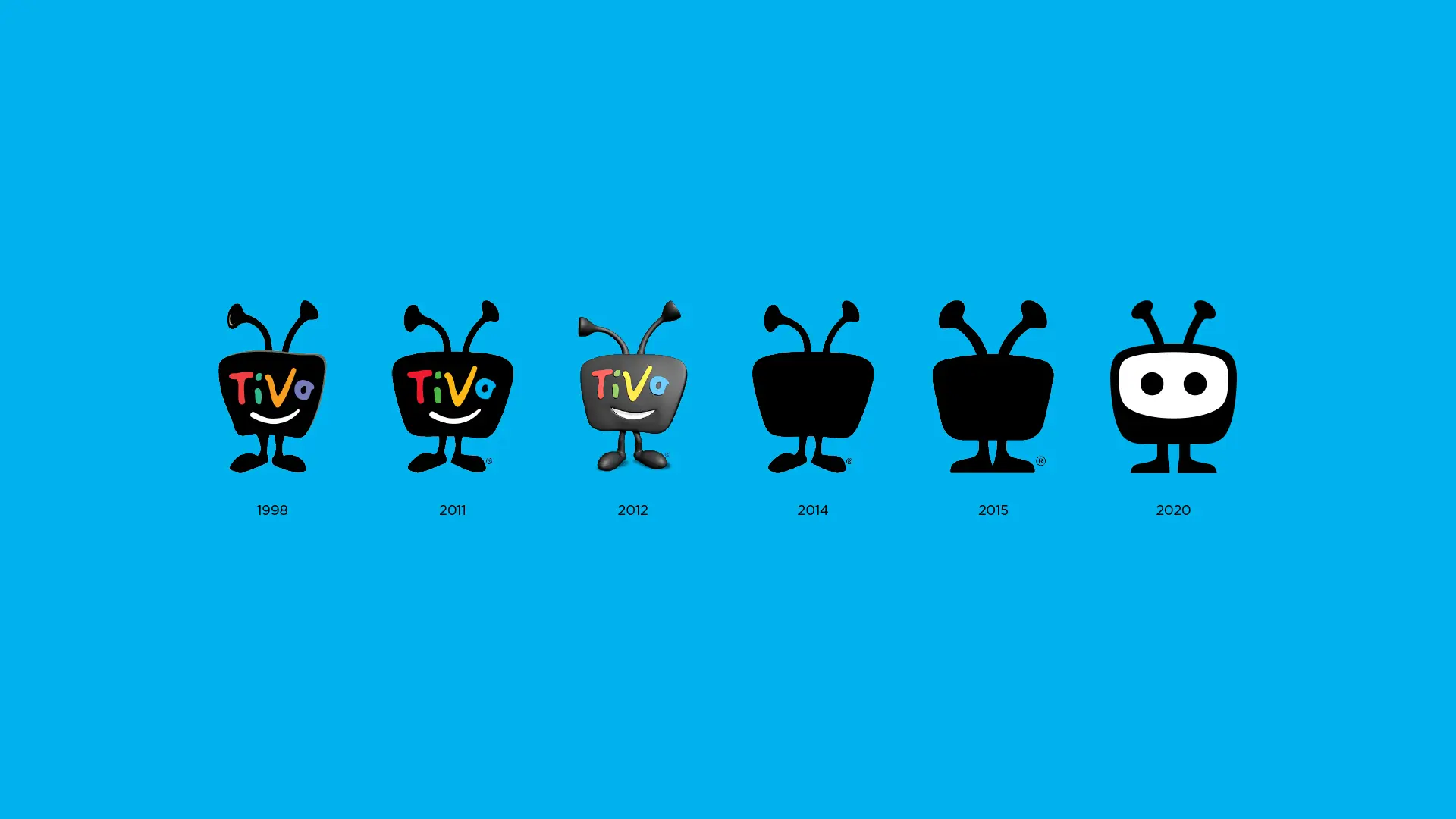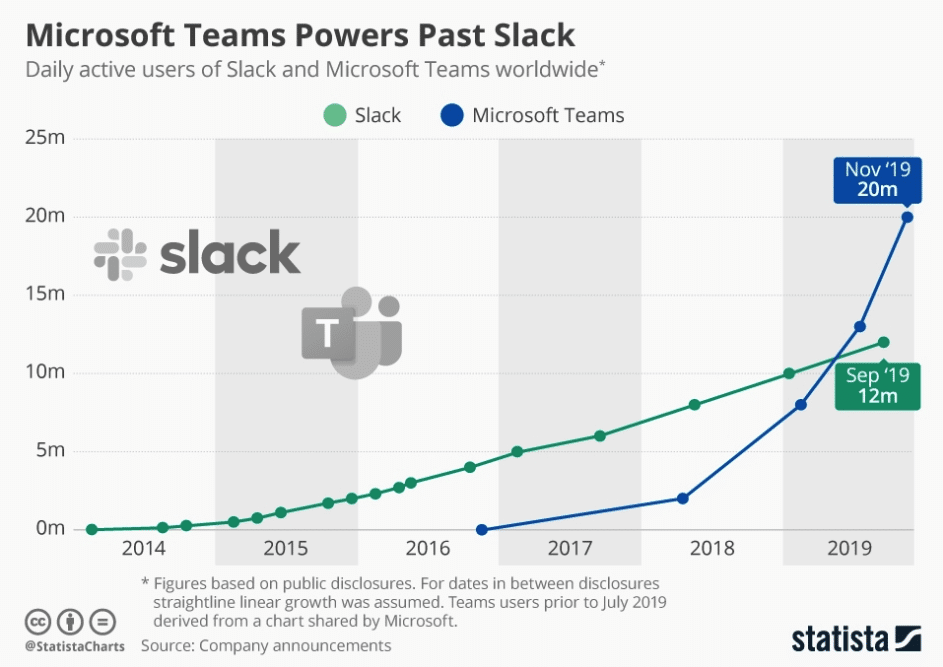Should you actually be focused on distribution more than your product?
Dan Murphy, July 1 2023

Poor, lonely TiVo.
If you find yourself, as I too often do, reading about start-ups via snap reactions on Twitter and LinkedIn then you will with some regularity see quips to the effect of “first time founders focus on product. Second time founders focus on distribution.”
The implication, if you’re not familiar, is that through folly or ignorance founders will often build a great product only to see their business outcompeted by an incumbent whose ability to distribute (deliver to customers) a similar product is far superior.
The most pithy way I’ve seen this expressed comes from the classic a16z blog post on the subject: “The battle between every startup and incumbent comes down to whether the startup gets distribution before the incumbent gets innovation.”
That blog post tells the tale of TiVo. They built an innovative new product that consumers loved, but were at the mercy of the existing cable TV providers to actually have their product deliver value to those consumers. TiVo didn’t work without the content provided by those incumbent cable companies.
TiVo, as that post says “did not fail, but it became a patent troll of sorts. It has a market cap of less than $1B today, despite having collected more than $1.6B in patent settlement funds from the “Comcasts” of the world.”
And indeed there is a valid cautionary tale here about the importance of being able to distribute your product to your customers. I don’t disagree with the author that it must have been disappointing for the founders of TiVo, the creators of that great product, to see their company reduced to essentially a patent troll.
Pump the brakes
 But I do think this parable often gets taken too far. For example, Slack is often held up as a cautionary tale here, with observations such as “Microsoft does not care about first-mover advantage, because their distribution is so massive. Look at what they did to Slack. Teams was released 3 years after Slack, which already had 5m users at that time. Today, Teams has 75m users to Slack’s 20m. It’s not even close.”
But I do think this parable often gets taken too far. For example, Slack is often held up as a cautionary tale here, with observations such as “Microsoft does not care about first-mover advantage, because their distribution is so massive. Look at what they did to Slack. Teams was released 3 years after Slack, which already had 5m users at that time. Today, Teams has 75m users to Slack’s 20m. It’s not even close.”
This type of framing misses a couple things:
- It’s not a zero-sum game. A very reasonable view is that Slack having 20 million users is not a failure but an incredible success. Yes, there is competition. They didn’t capture the entire market. No one does. If monopoly-level dominance is your criteria for business success, then good luck to you sir.
- Slack has now created a powerful distribution channel. The very thing they lacked at the outset, by virtue of creating and delivering a great product, they now have. When Slack develops additional products and wants to sell them, they have the distribution they likely wanted so badly in their early days.
Yes, founders certainly should think about how they’re going to distribute their product and how they will contend with competitors who have an advantage along that dimension.
But having control of a powerful distribution channel is a luxury you often can’t have without first having built a product.
To me this captures part of the essence of pursuing a start-up in the first place: pushing forward even when you know there are powerful incumbent forces set against you.
Could your business benefit from expert software engineering, product development or team building? Get in touch at hello@rdnt.software or visit https://rdnt.software/ to get started.
Radiant Software builds exceptional digital products using Ruby on Rails, React, Node.js, Python or your technology of choice. We can accelerate your product development process with rapid prototypes, A/B testing, and analysis of technical feasibility. Or leverage our experience to level up your engineering team with technical interviewing, mentorship, and training in modern software development practices.